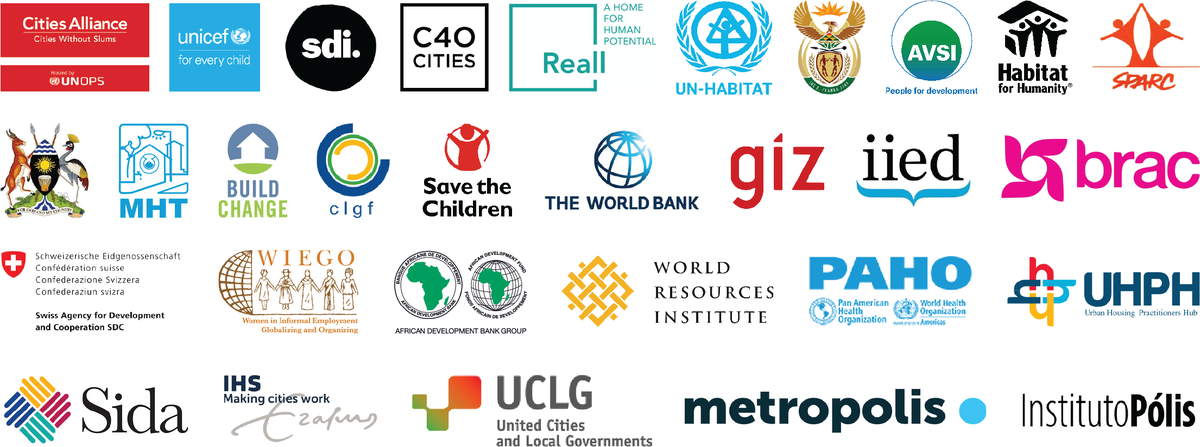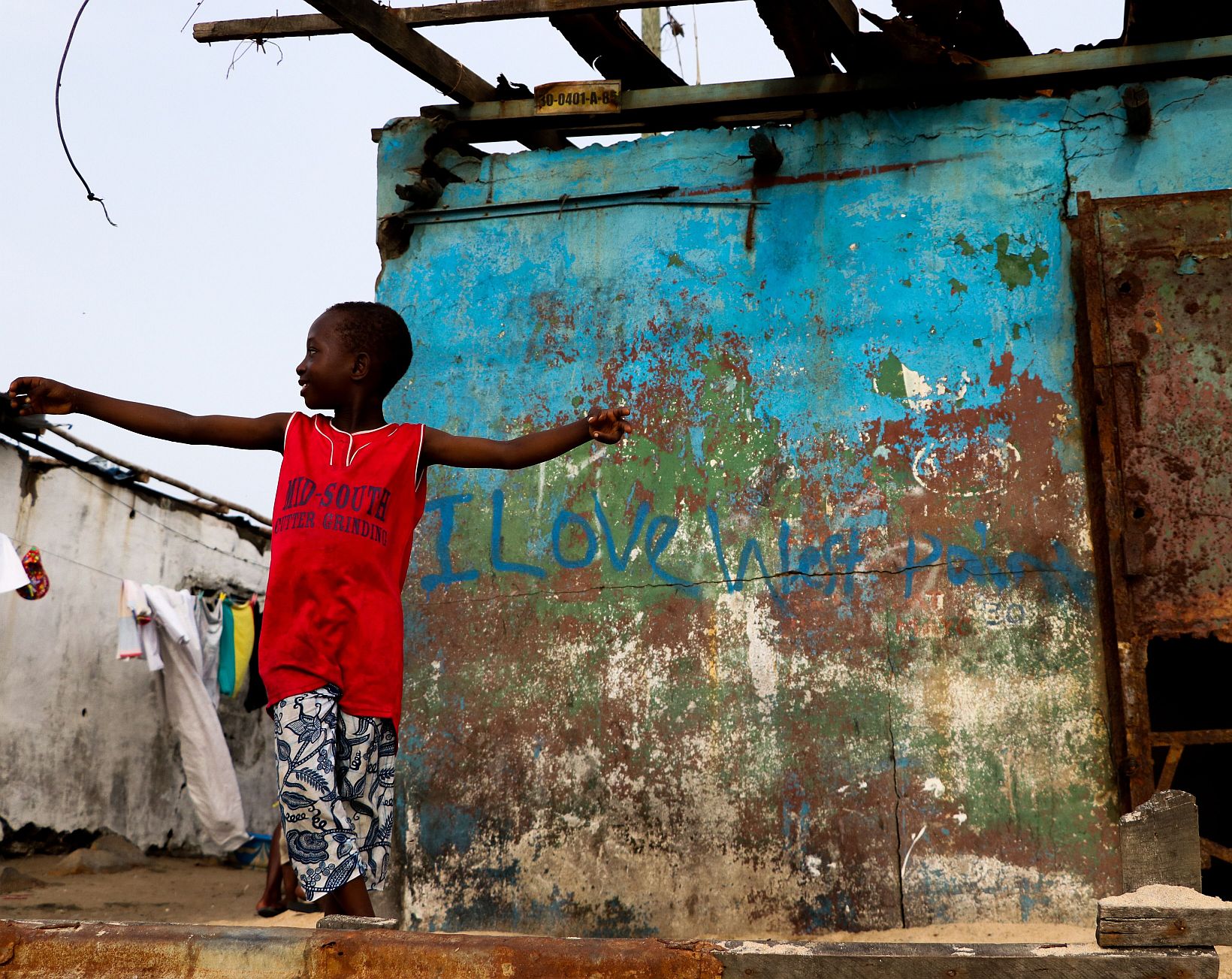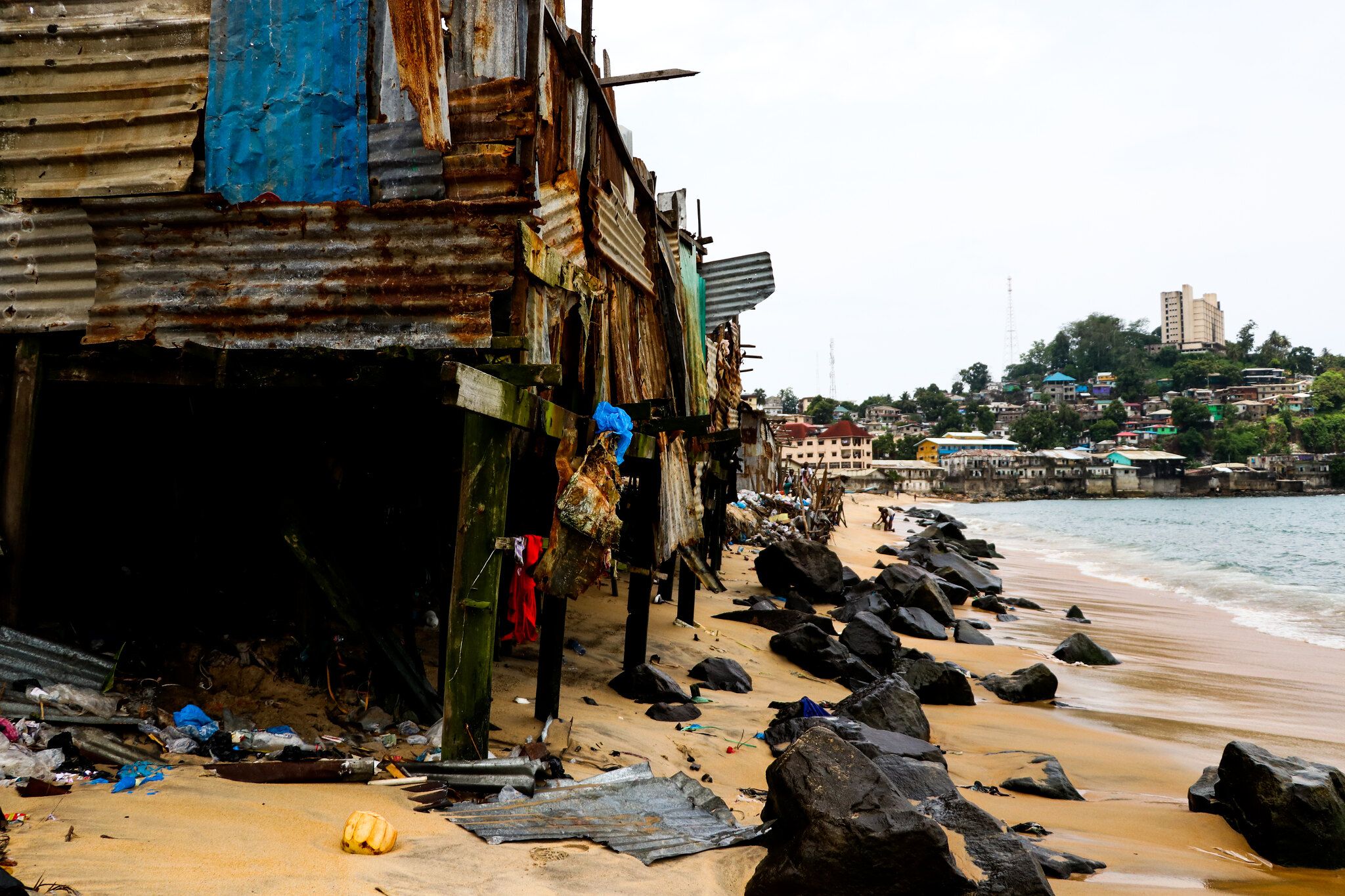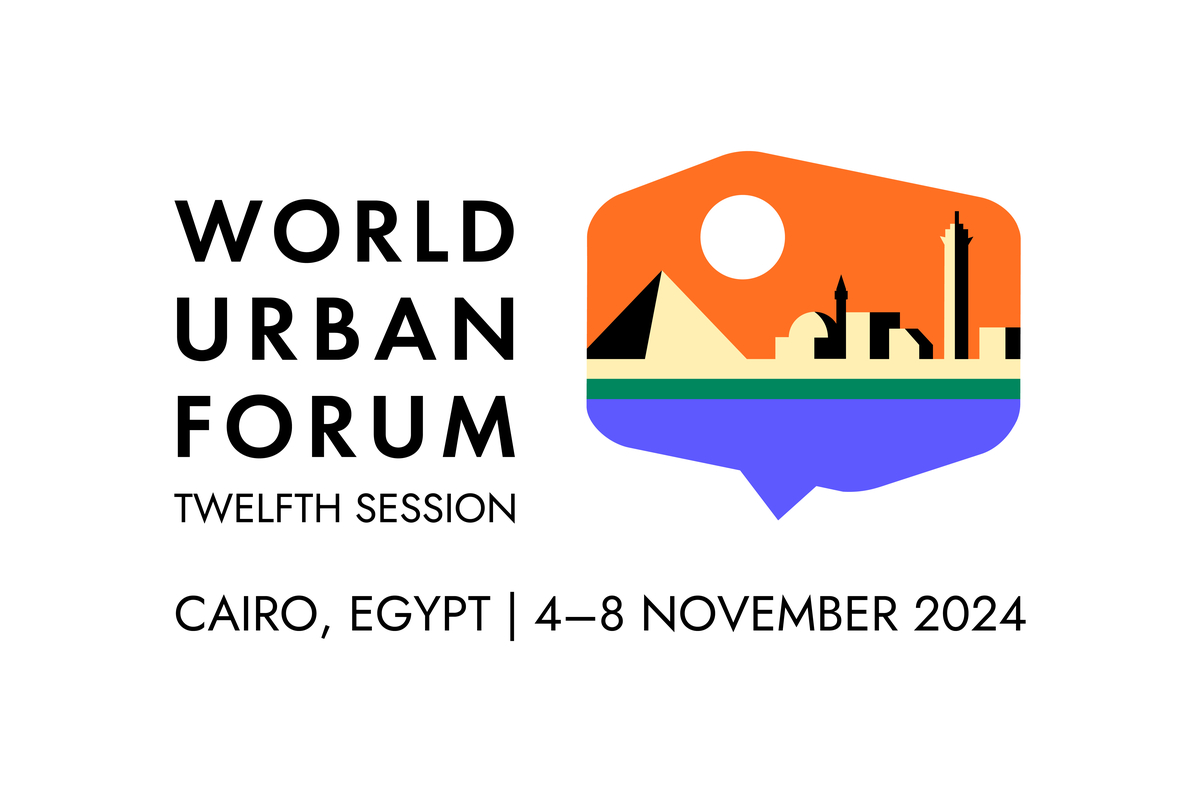Unlocking the power of global collaboration to accelerate slum transformation by 2030.
The Informality Task Force (ITF) is a monthly inter-institutional dialogue space facilitated by Cities Alliance that brings together multiple actors around the development and implementation of joint slum transformation initiatives.
The dialogue aligns the urban initiatives of Cities Alliance members and other organisations dedicated to addressing the needs of slums and informal settlements. It aims to unlock synergies for broader impact on slums and increase political commitment and support for slum transformation efforts globally.
The ITF supports implementation of the Global Action Plan - Accelerating for Transforming Informal Settlements and Slums by 2030 (GAP). Coordinated by UN-Habitat, the GAP mobilises multi-stakeholder partnerships to support local governments and civil society in implementing slum transformation measures across ten key action areas to achieve sustainable, resilient urbanisation worldwide.
If your organization is interested in joining the Informality Task Force, please contact us via email: cschade@citiesalliance.org / info@citiesalliance.org

For African cities, slums represent the greatest challenge and the greatest source of potential for sustainable and resilient urban development.
The ITF at the World Urban Forum
The ITF is hosting three events at WUF12:
- Localising the Implementation of the Global Action Plan for Accelerating the Transformation of Slums and Informal Settlements (7 November, 15:00-16:30)
- Reception for ITF Members (7 November, 18:00-20:00)
Today, an estimated one billion people live in slums and informal settlements, despite worldwide efforts. Without immediate and comprehensive action, that number is expected to exceed three billion by 2050.
The Global Action Plan: Accelerating for Transforming Informal Settlements and Slums by 2030 was elaborated in 2022 under the leadership of South Africa and UN-Habitat, working with a task force of diverse development partners, to address the global challenge of slums.
It aims to mobilise partnerships of local governments, communities, civil society, development partners, and other stakeholders to implement integrated measures for inclusive slum transformation to achieve thriving cities for all.
The GAP has led to UN resolutions on “Adequate Housing for All” and “Accelerating the Transformation of Informal Settlements and Slums by 2030” that were formally adopted by all UN member countries at UN-Habitat’s Global Assembly in 2023.
It has consolidated a collective vision, accelerator areas, and key actions to accelerate the implementation of the Sustainable Development Goals (SDGs) and the New Urban Agenda (NUA) in informal settlements and slums.
The complexity and magnitude of the global slum challenge, and the scope and scale of action required to effectively respond to it, surpass the capacities of individual actors. To reach the GAP’s vision of Cities for All, key stakeholders engaged in slum transformation must align their efforts to leverage synergies and ensure efficiency and effectiveness in implementing locally relevant solutions.
To do so, dialogue spaces of different scale and composition are needed to facilitate integration within countries and regions, and between actors and institutions. The ITF helps fill this need.
Pathways to Change
The ITF supports accelerating the GAP through:
- Coordination and advocacy. It provides a platform for designing and developing joint advocacy efforts to collectively elaborate messaging on the importance of slum transformation, and identify communication channels for dissemination, to secure political commitment and support for implementing the GAP. The ITF also strengthens coherence among development partners by supporting the integration of member activities into the Global Implementation Framework (GIF) and by following up on yearly work plans to mobilise collective support in case of implementation challenges.
- Knowledge and capacity building. The ITF facilitates knowledge sharing among its members to achieve outcomes of work plans and to address local capacity gaps in developing and implementing effective slum upgrading strategies. It mobilises locally rooted members to identify challenges to inclusive implementation, then utilises its dialogue space to identify existing tools and expertise to collectively develop tailored technical assistance packages for contextually relevant and sustainable interventions.
- Implementation and demonstration. The task force leverages partnerships with international and regional financial institutions and other potential sources of funding to catalyse resource mobilisation for its members' implementation activities. It maps existing and targeted member initiatives, opens planning spaces to identify common priorities for joint programming, and leads the development of collective proposals for resource mobilisation. Working with financial institutions, the ITF bridges institutional divides and streamlines financing mechanisms to link isolated upgrading financing activities and thematic funding to projects and joint initiatives for slum transformation, as orchestrated by the GIF.
Meeting Information
- The ITF holds monthly virtual meetings, with the agenda collectively agreed upon every six months.
- Cities Alliance members and other partners who share the GAP’s goals and wish to participate in the initiatives may integrate into the ITF by joining its regular meetings.
- Members communicate the tasks they wish to support during the ITF meetings.
- To strengthen collective ownership of the GAP support, the position of Chair of the ITF is rotated annually among members.
- As secretary of the ITF, Cities Alliance facilitates meetings and supports conveners and members with executing tasks.
Cities Alliance hosts the ITF, which is co-convened by the Government of South Africa, UN-Habitat, and Habitat for Humanity.
The following partners regularly contribute:
- African Development Bank
- AVSI Foundation
- BRAC
- Build Change
- Commonwealth Local Government Forum (CLGF)
- C40 Cities
- Institute for Housing and Urban Development Studies (IHS)
- Instituto Pólis
- GIZ
- Government of Uganda
- International Institute for Environment and Development (IIED)
- Mahila Housing SEWA Trust
- Metropolis
- Pan American Health Organization (PAHO)
- Reall
- Save the Children
- SDC
- Sida
- Slum Dwellers International
- SPARC
- UNICEF
- United Cities and Local Governments (UCLG)
- Urban Housing Practicioners Hub
- USAID
- Women in Informal Employment: Globalizing and Organizing (WIEGO)
- World Bank
- World Resources Institute
If your organization is interested in joining the Informality Task Force, please contact us via email: cschade@citiesalliance.org / info@citiesalliance.org



